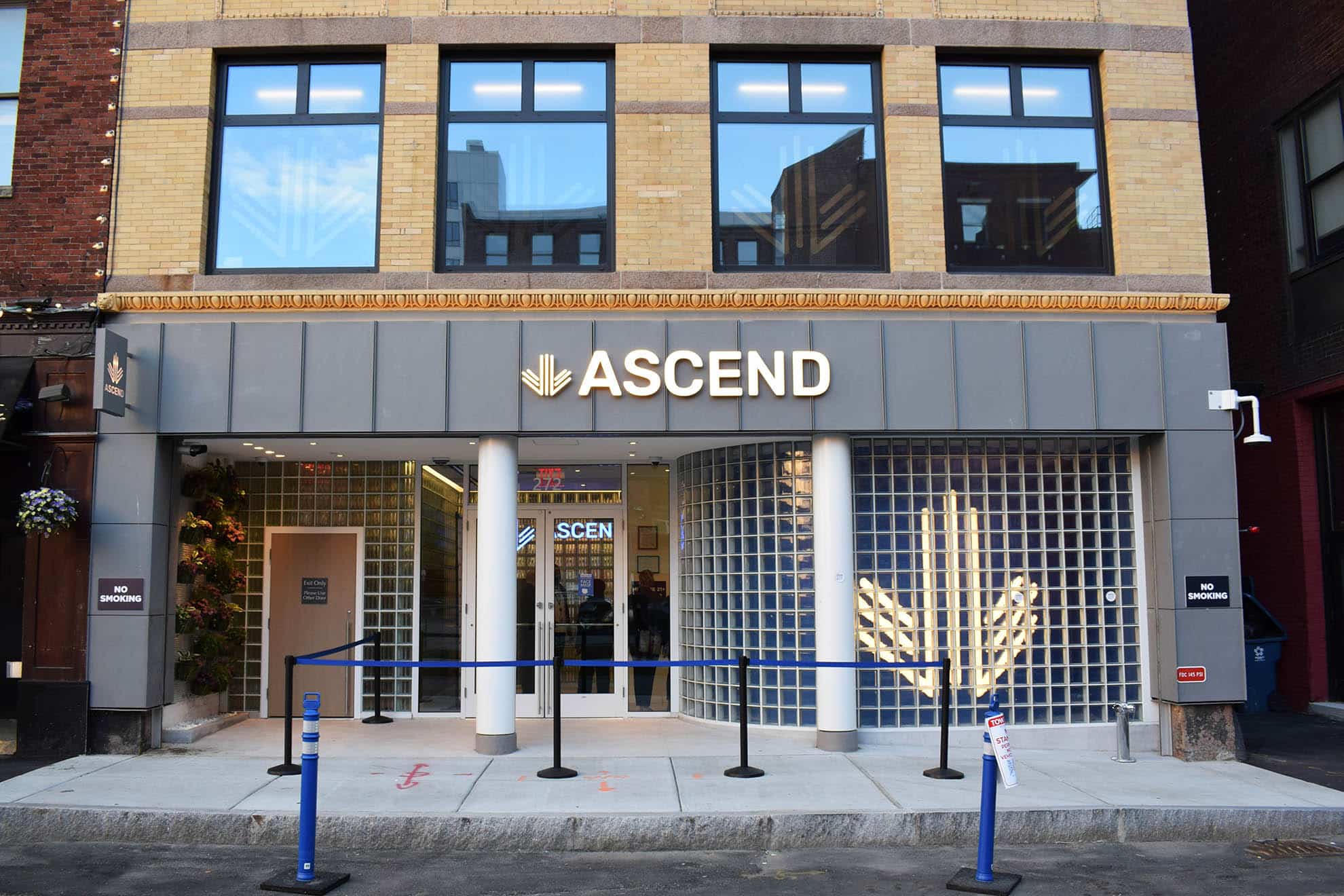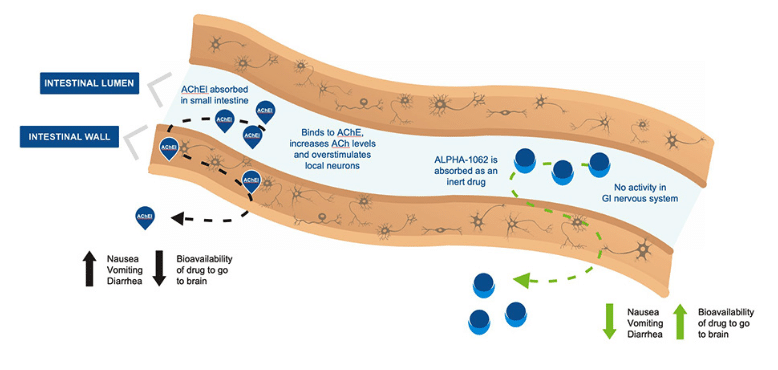
Drug developer ProMIS Neurosciences (ProMIS Neurosciences Stock Quote, Charts, News, Analysts, Financials TSX:PMN) is heading into Phase 1 clinical trials with its Alzheimer’s Disease antibody PMN310 with results expected potentially by the end of the year.
That’s good news, according to Leede Jones Gable analyst Douglas W. Loe, who provided an update to clients on PMN on Monday where he reiterated a “Speculative Buy” rating on the stock and $26.00 target price, which at press time implied a one-year return of 192 per cent.
ProMIS, a development stage biotech company focusing on therapeutics for neurodegenerative diseases, announced on Monday that it had received FDA clearance for its investigational new drug (IND) application for PMN310 for the treatment of Alzheimer’s Disease (AD).
With the clearance, ProMIS will now start a Phase 1a clinical trial to evaluate pharmacokinetics, safety and tolerability in health adult participants. ProMIS CEO Dr. Gail Ferfel said the clearance represents a milestone for PMN.
“Our preclinical data demonstrated PMN310’s greater selective binding to toxic oligomers compared to other Aβ-directed antibodies, which we believe supports the potential clinical profile of PMN310. We look forward to advancing PMN310 into clinical development and sharing what we learn from this innovative work,” said Dr. Ferfel.
ProMIS did not provide details on the upcoming trial, but based on the company’s recent investor presentation Loe said the trial is expected to be a single-ascending dose trial with a range of 2.5mg to 60 mg per kg of body weight in likely four or five dosing cohorts, with each arm enrolling eight patients (six on PMN310 and two on placebo).
Loe said he’s expecting the drug’s safety test to pass and then the company will advance to a Phase 1b likely by mid-2024.
“Assuming a favourable safety profile (which our model does), we believe that ProMIS could advance swiftly into a multiple-ascending dose Phase Ib trial thereafter, and probably with Alzheimer’s disease patients in that trial providing some human data on magnitude and location on PMN310-oligomer binding, and on the extent to which PMN310 can mop up oligomers can impact cognitive impairment in diseased patients,” Loe said.
Loe said there’s been encouraging Phase 3 clinical successes from Biogen, Eisai and Eli Lilly in monoclonal antibody (mAb) drugs but he sees PMN310 as bringing unique qualities to the search for AD treatment.
“These [other] Phase III-stage (or now FDA-approved for aducanumab/lecanemeb) mAbs do not exhibit the same level of oligomer-selective binding that PMN310 does. Or put another way, they exhibit more degenerate binding to lower-order monomers and higher-order plaques in the brain than we predict for PMN310. As such, we believe this can be a distinguishing attribute for PMN310’s medical prospects as a high-efficacy Alzheimer’s disease therapy,” Loe said.



 Share
Share Tweet
Tweet Share
Share




Comment